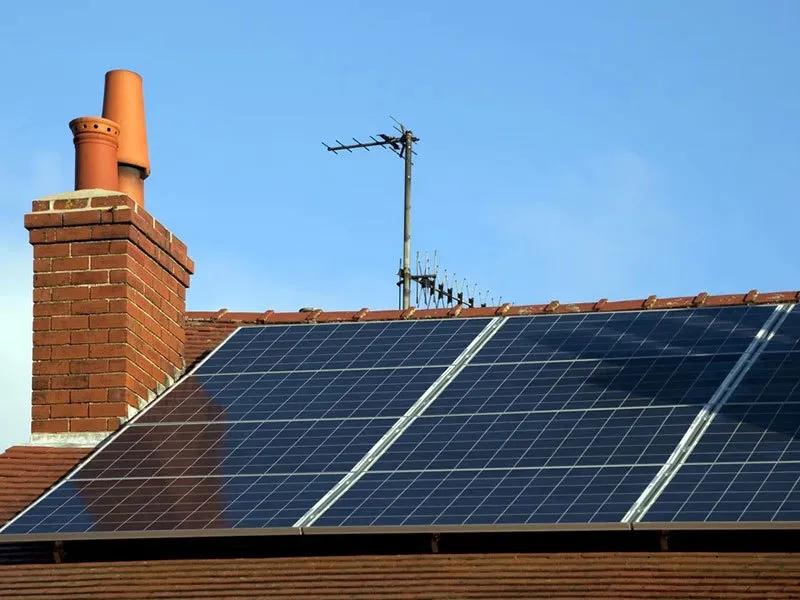Innovative Designs for Space-Saving Folding Solar Panels for Efficient Energy Use
Folding Solar Panels The Future of Portable Renewable Energy
As the world increasingly embraces sustainable energy solutions, the push for innovative technologies that enhance the efficiency and convenience of accessing renewable energy sources has never been more important. Folding solar panels represent one of the most exciting developments in this field, offering a blend of portability, usability, and environmentally friendly energy production. This article explores the features, benefits, and potential applications of folding solar panels, shaping a future powered by clean energy.
Folding solar panels are designed to be lightweight and compact, making them highly portable. This design is particularly advantageous for outdoor enthusiasts, including campers, hikers, and adventurers. Traditional solar panels often require significant installation and can be cumbersome to transport. In contrast, folding solar panels can easily fit into a backpack or be carried alongside other gear, allowing users to harness solar energy anywhere the sun shines. These portable panels are ideal for charging batteries, powering small devices, or providing electricity for tents and RVs, making them an invaluable companion for outdoor activities.
One of the major advantages of folding solar panels is their versatility. Unlike fixed solar installations, which are usually permanently mounted on rooftops or grounds, folding panels can be used in a variety of settings. They can be set up on the ground, attached to tents, or propped against vehicles to optimize sun exposure. This adaptability allows users to maximize their energy capture, ensuring that even in diverse environments, they can depend on solar power.
Efficiency is another critical aspect of folding solar panels. While the efficiency rates can vary based on the technology used, many folding models utilize high-efficiency monocrystalline or polycrystalline solar cells, which can convert sunlight into electricity effectively. As technology continues to advance, newer folding solar panels are increasingly capable of generating more power in smaller sizes. This means that users are not only able to harness energy but can also do so without taking up excessive space or weight.
folding solar panels

The environmental benefits of using folding solar panels are profound. By harnessing solar energy, users significantly reduce their carbon footprint, contributing to the global effort to combat climate change. In remote areas where traditional electricity supply is non-existent or unreliable, folding solar panels can provide a sustainable energy alternative. This is especially important in developing regions where access to electricity remains limited. Portable solar solutions can offer immediate power for lighting, refrigeration, and communication devices, improving the quality of life for many people.
In addition to outdoor recreational use, folding solar panels find applications in numerous other sectors. Emergency services and disaster relief organizations can benefit from portable solar solutions when establishing temporary shelters or providing power in areas affected by natural disasters. Moreover, the military has recognized the strategic importance of portable solar technology for troops deployed in remote areas, where consistent access to traditional energy sources may be compromised.
The market for folding solar panels is expanding, driven by the growing demand for renewable energy solutions. With numerous brands and models available, consumers have a wide range of options to choose from, catering to varying power needs and budgets. Features such as quick setup, durability, and water resistance are becoming standard specifications, further enhancing the appeal of these products.
As folding solar panels continue to evolve, we can expect to see further innovations aimed at improving their efficiency and practicality. Developments in battery technology mean that many folding solar panels can be paired with portable battery packs for energy storage, allowing users to charge devices during the day and use them when the sun goes down. Additionally, incorporating smart technology will soon allow users to monitor their energy production and consumption from their smartphones, providing valuable insights and enhancing the overall user experience.
In conclusion, folding solar panels are paving the way for a more sustainable and portable approach to renewable energy. Their lightweight design, versatility, and efficiency make them an attractive option for outdoor enthusiasts and various industries alike. As we strive to reduce our reliance on fossil fuels and combat climate change, incorporating innovative solutions like folding solar panels into our daily lives can help create a brighter, greener future. With ongoing advancements in technology and a growing market, the future of portable renewable energy looks promising and full of potential.
-
String Solar Inverter: The High-Efficiency Solution for Smart Solar EnergyNewsJul.14,2025
-
Revolutionizing Rooftop Energy with the Power of the Micro Solar InverterNewsJul.14,2025
-
Power Independence with Smart Off Grid Solar Inverter SolutionsNewsJul.14,2025
-
On Grid Solar Inverter: Powering the Future with Smart Grid IntegrationNewsJul.14,2025
-
Monocrystalline Solar Panels: High-Efficiency Power for the Future of Clean EnergyNewsJul.14,2025
-
Bifacial Solar Panel: A Smarter Investment for Next-Generation Energy SystemsNewsJul.14,2025







